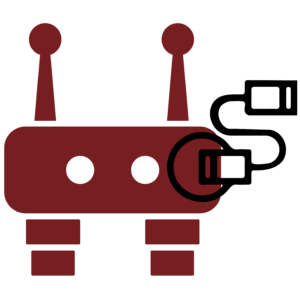YOUR TEAM: You will work in the Data Science department of Philips Research Europe.
GOAL: The goal of this work will be to help a person to improve the daily behaviour, or learn to use a new product or service, to reach a better health status through interaction with the service. The system has to understand the current lifestyle and behaviours of the user to be able to address them in the interaction. In addition, the content should be relevant for the user and the goals of the service. The main focus of the ERS will be model-based automatic discovery of insights that relate to actionable factors that can be influenced by the subject. For example, the sleep patterns of an infant should be considered in the context of the lifestyle of the rest of the family, and the physical activity of an asthma patient depends on, and should be adjusted based on environmental factors such as air quality.
ESR activities
- Gain generic knowledge and data representations for the lifestyle, behaviours, and their effects to the expected health outcomes;
- Integrate categorical knowledge, clinical guidelines, and statistics of sensor data into the same modelling framework;
- Optimise multi-objective techniques for the selection of simultaneously statistically significant, clinically meaningful, and actionable insights;
- Perform probabilistic insight mining techniques for comparing complex statistics;
- Integrate of individual insights into longitudinal narratives using graph-based chaining, and into summaries using NLG techniques;
- Perform proof of concept demonstrations in concrete use cases.
Expected Results: The result of this project will be new computational technology for model-based data mining applicable for all interactive health and wellness services. The understanding of the behavior requires semantic and statistical modelling of the lifestyle and health status of the individual in the context of social, economic, environmental, and cultural structure around the individual. In some parts it is possible to reuse existing resources. In the modelling of the health effects, for example, some results of the Virtual Physiological Human (VPH) initiative of EU may be applicable.
Additional essential requirements
- Master degree in Computer Science, Information Engineering (or equivalent). A degree with distinction (cum laude) is an advantage;
Principal Investigator: Aki Harma (PHILIPS)
Academic PhD Supervisor: Prof. Ehud Reiter (UNIABDN)
Industrial PhD Supervisor: Aki Harma (PHILIPS)
Industrial PhD Co-Supervisor: Rim Helaoui(PHILIPS)
Main contact: Aki Harma (PHILIPS)
Email: aki.harma@philips.com



